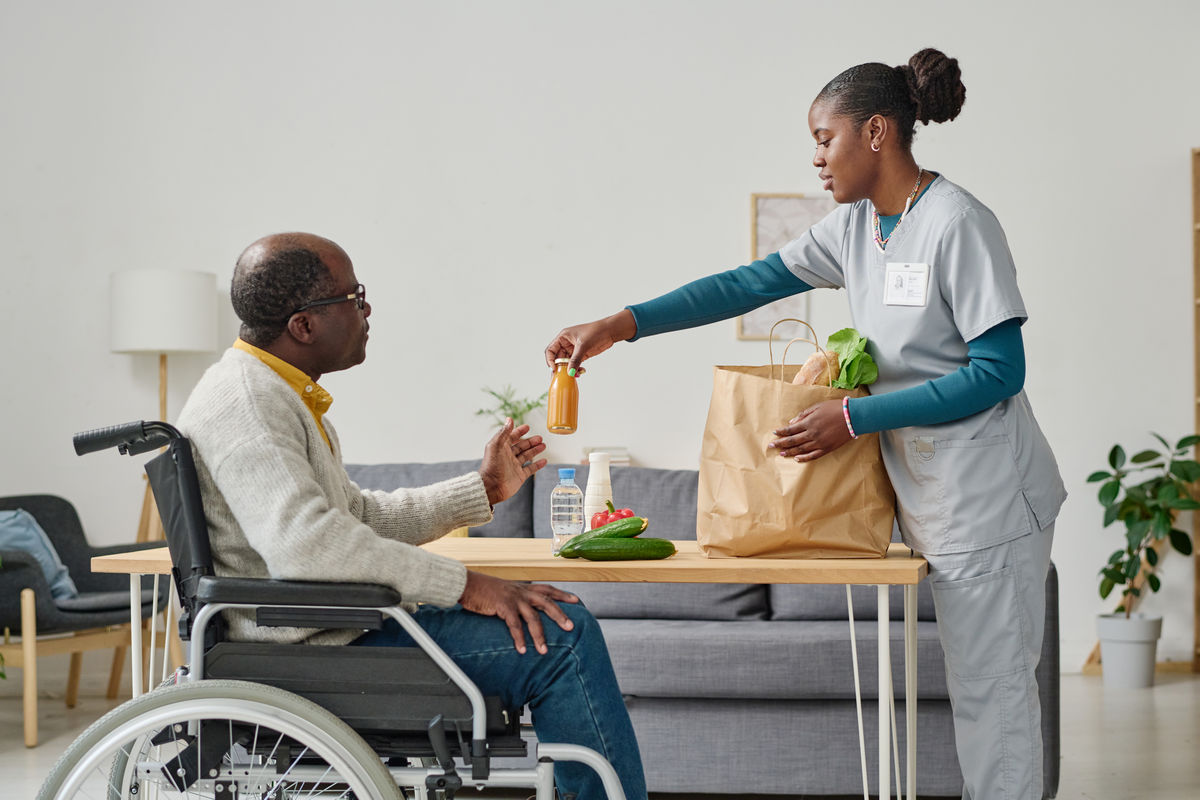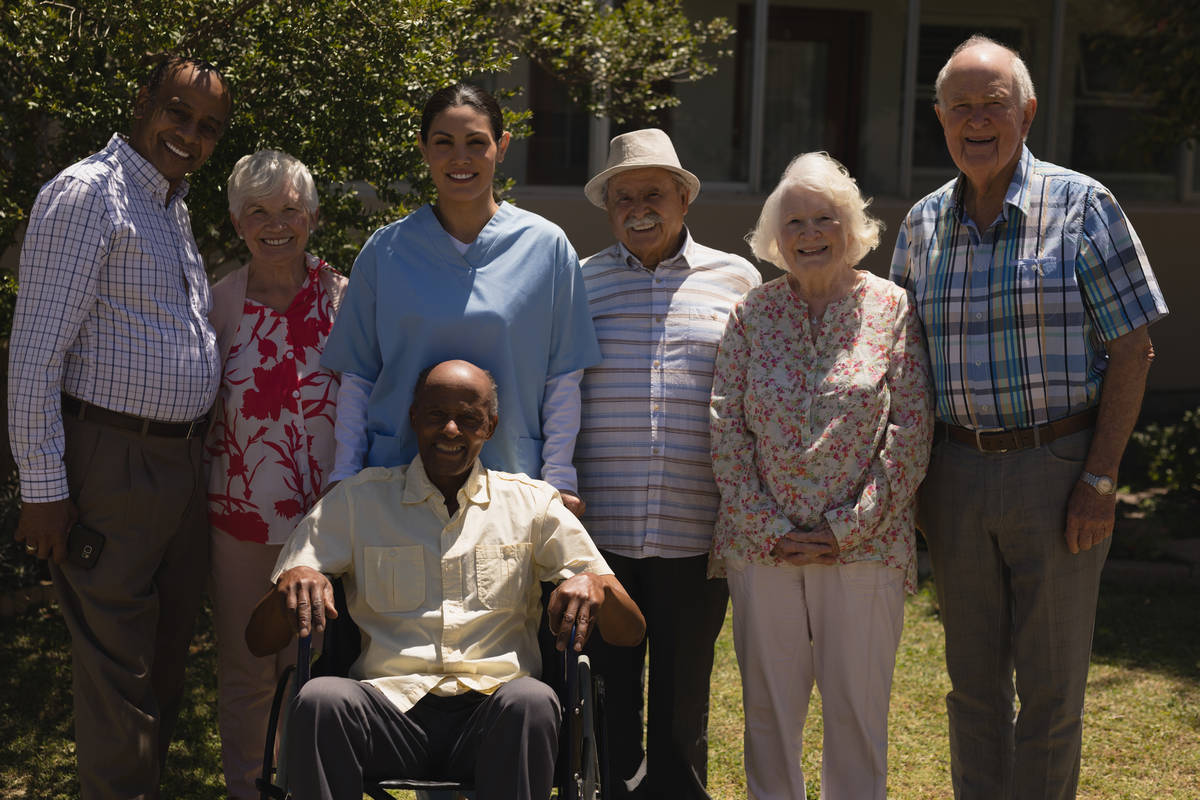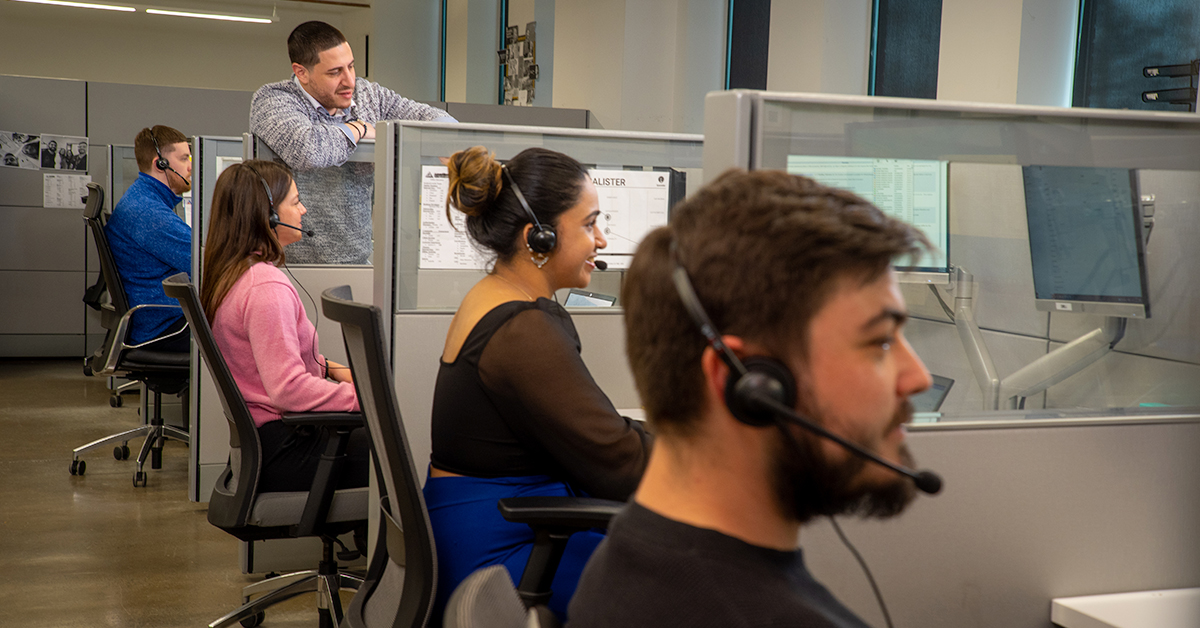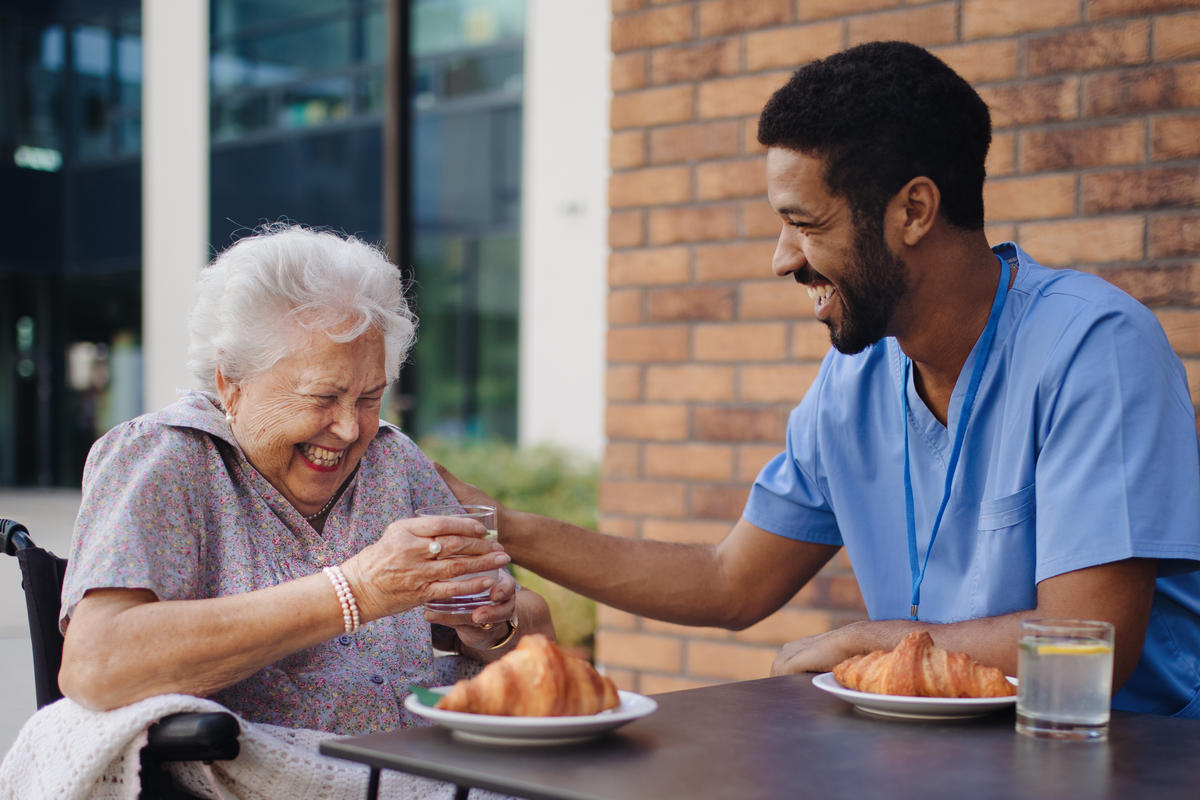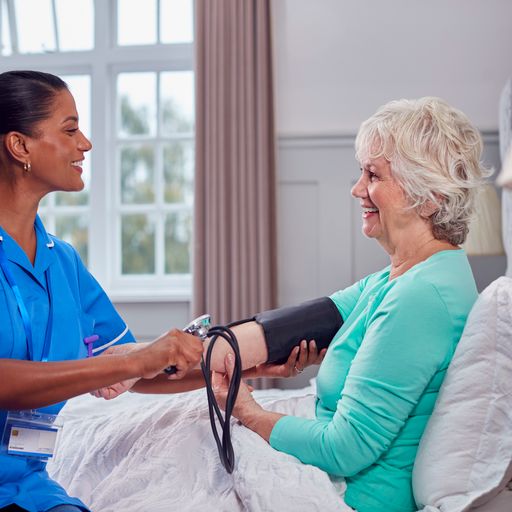As the COVID-19 public health emergency comes to an end, it is essential to understand the implications for Medicaid recipients. Previously, the emergency designation provided a safety net, allowing individuals on Medicaid to maintain coverage despite changes in their circumstances. However, with the conclusion of the emergency, it becomes crucial for Medicaid beneficiaries to take proactive steps to ensure the continuity of their medical insurance coverage.
Ensuring Continuity of Medicaid Coverage
According to hhs.gov, certain Medicare and Medicaid waivers and flexibilities that were put in place during the COVID-19 public health emergency will no longer be necessary and will expire. These waivers and flexibilities were implemented to expand access to care, provide flexibility to healthcare providers, and increase the capacity of the healthcare system.
Action Steps To Maintain Your Medicaid Coverage
1. Update your information: Make sure to update your information in COMPASS or contact 1-877-395-8930 or 1-215-560-7226 for assistance.
2. Renewal options:
– Look for renewal forms in the mail and complete them.
– Complete your renewal through COMPASS.
– Renew by phone by calling 1-866-550-4355.3. Explore alternatives if no longer eligible: If you are no longer eligible for Medicaid, Pennsylvania offers free and low-cost health insurance options. Visit Pennie or CHIP if you have children under the age of 19.
Available Assistance
If you need assistance during this process, the following resources are available:
– pa.gov and COMPASS
– Pennsylvania Department of Human Services: Contact them at 1-877-395-8930 or 1-215-560-7226 for further assistance.
– Pennsylvania Health Action Network: Reach out to the helpline at 877-570-3642 or email helpline@pahealthaccess.org for additional support.
– 311 in Philadelphia
Exploring Health Insurance Alternatives
While some individuals may remain eligible for Medicaid, others may no longer meet the requirements. In such cases, it is important to explore alternative options for medical insurance coverage. Pennsylvania provides free and low-cost health insurance alternatives through the Pennie marketplace. For coverage options for children under 19, consider exploring CHIP.
AmeriBest Home Care Is Here to Help
The end of the COVID-19 public health emergency will impact many Medicaid recipients. Taking the necessary steps to maintain medical insurance coverage is crucial. By promptly updating information, renewing coverage, and exploring alternative options if necessary, Medicaid beneficiaries can ensure continuity of care and find peace of mind regarding their health coverage. Remember, assistance is available from various resources to help navigate this process effectively. Take action today to secure your Medicaid coverage and stay protected in these changing times.
Contact AmeriBest at 1800-HOMECARE for further assistance or learn more HERE.


